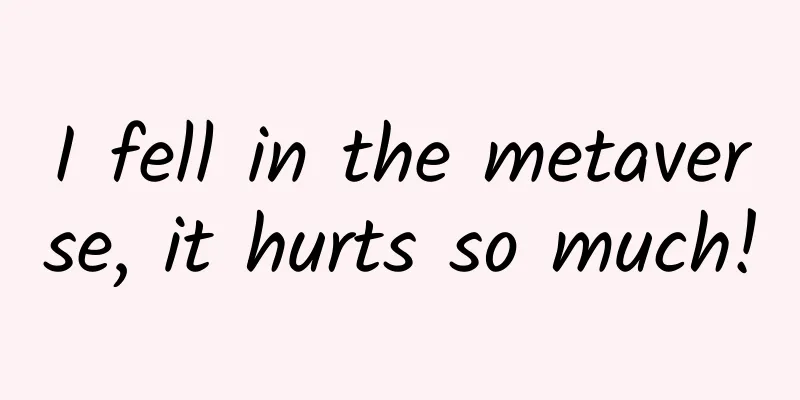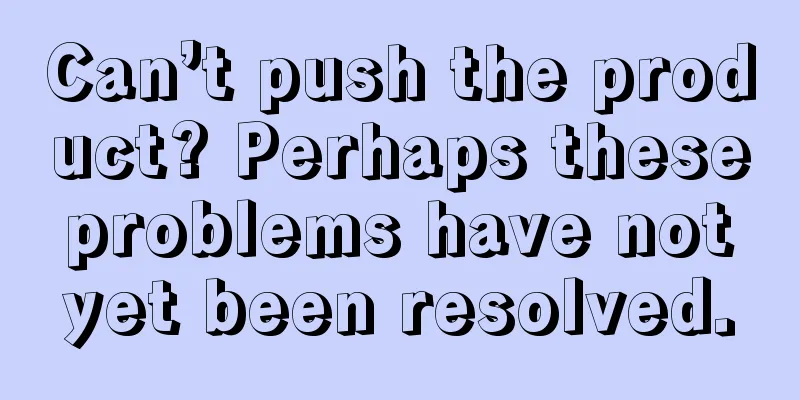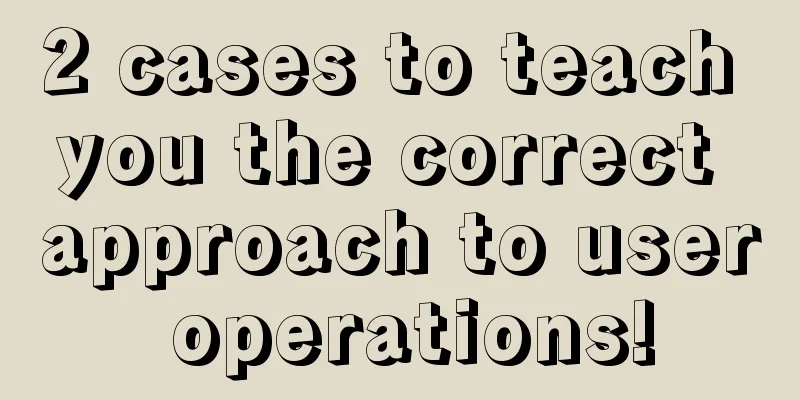Ten rules for open source success
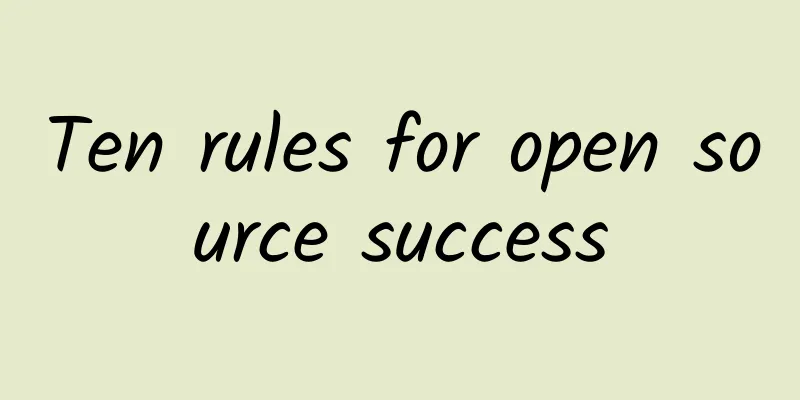
|
Everyone wants it, and many are trying, but the process of creating it is full of tears. I'm talking about free software, also known as open source software (Translator's note: The focus of this article is not to distinguish the concepts of free software and open source software. The author says so, so let's assume that the two are the same thing). Today I want to talk about my thirty years of experience in writing code with ten proven rules.
|
<<: How to design an App login module
>>: A brief discussion on the core of the program - complexity
Recommend
How to improve APP user retention?
As of 2017, the mobile Internet has entered a mat...
E-commerce operation: social e-commerce mechanism design rules
Mechanism is the core of the social e-commerce mo...
9 content marketing tips to help you create killer copywriting!
This article is 2500 words long and is recommende...
Viruses in mobile phones have these characteristics. You can use your mobile phone to check if you have been infected.
Modern people's lives basically rely on takeo...
Xingping SEO Training: What are the techniques for quickly indexing web pages in Baidu?
Internet search engine optimization has been soug...
Event Operation: How to conduct an event aimed at attracting new customers?
At the beginning of this article, it is necessary...
How to choose Android architecture mode
1. Introduction I have to sigh that the architect...
Only 3 tricks are needed to attract traffic and promote Xiaohongshu!
Xiaohongshu App is hailed as a magic tool for you...
What are the differences in the competitive strategies of the new brands "Jiang Xiaobai" and "Lianglu"?
If you were to ask: In the current liquor market,...
Ma Ge Python Full Stack + Crawler + Data + AI [2022]
Ma Ge Python Full Stack + Crawler + Data + AI [20...
The second “escape from Beijing, Shanghai and Guangzhou”: the courage, challenges and dilemmas of Xin Shi Xiang
My original plan today was to post a long article...
How much does it cost to outsource a mini program? How much does it cost to make a small program?
With the continuous development of mobile Interne...
If you want to do community group purchasing, how do you solve the supply problem?
In 2020, community commerce is developing in full...
If I give you 1 million for promotion, how would you spend it? 4 major platform optimization methods, which can be copied and executed!
The original intention of writing this article is ...
High-level training techniques for both sexes: Creating a perfect husband starts with "talking well"
In a relationship, quarrels and anger are always ...



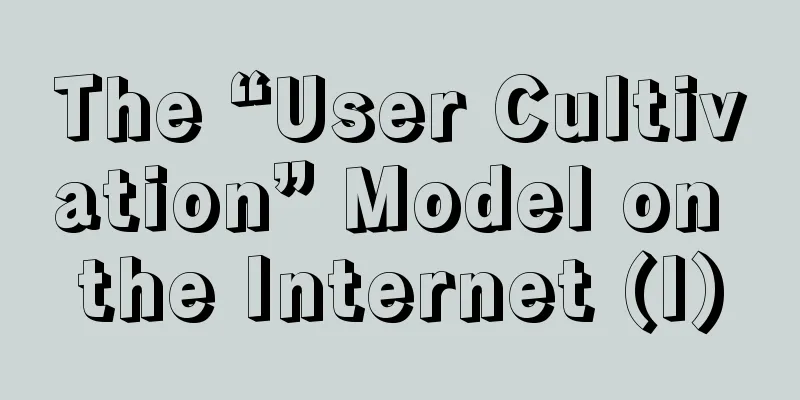

![Dapeng Education-[Teacher Jia] C4D Design Master Class](/upload/images/67cbfe90d2da2.webp)
